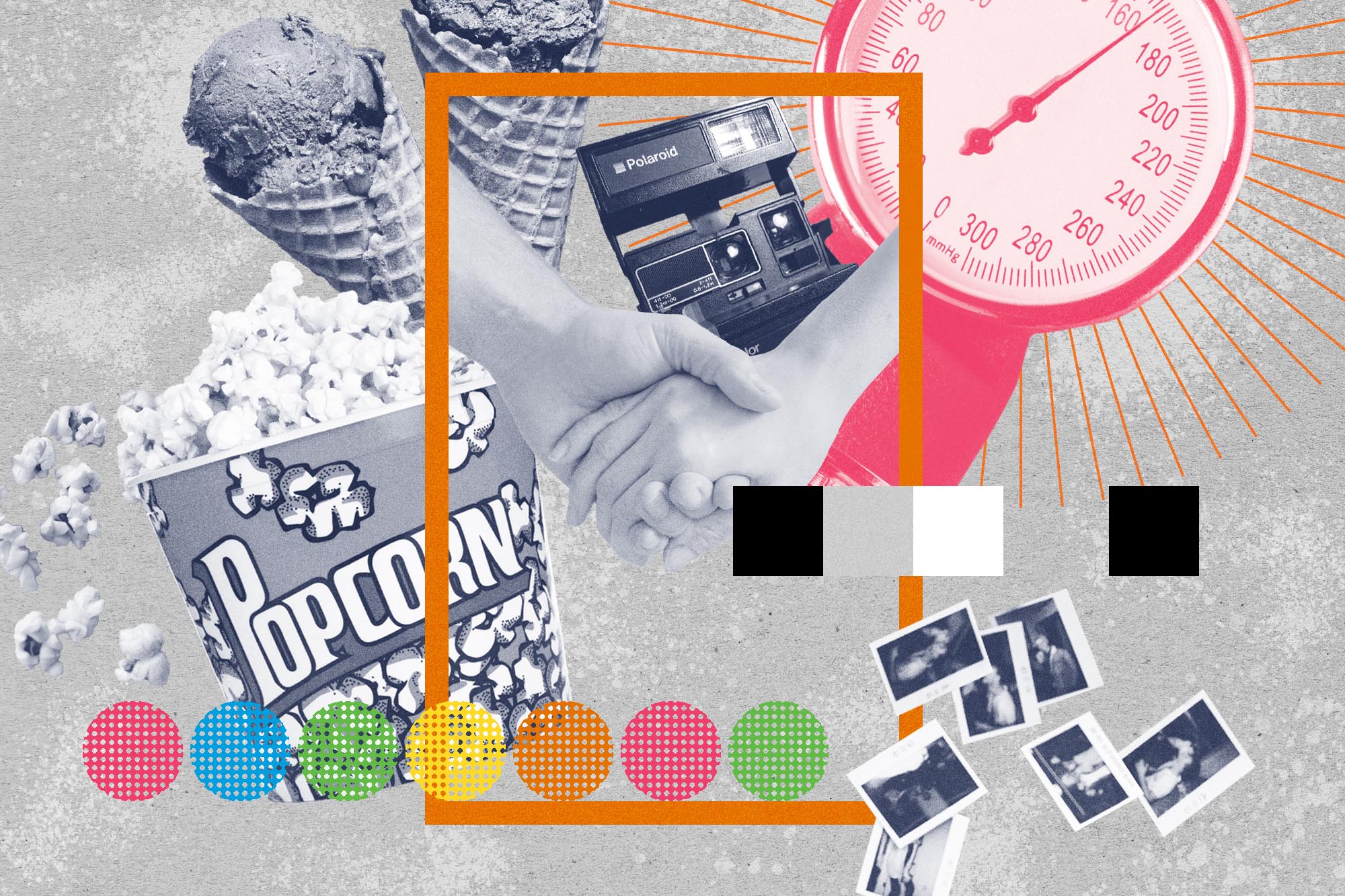New research from the University of Virginia has found that teens who have intense romantic relationships to the exclusion of self-discovery and healthy friendships may face high blood pressure later in life.
It is the latest finding from the lab of Joseph Allen, UVA’s Hugh Kelly Professor of Psychology. Allen and his team sifted through data from a longitudinal study of 184 participants that began in Charlottesville in 1998 when members of the study were just 13 years old.
Allen’s lab checked back in with a cohort of 146 participants at ages 17 and 19 to learn about their romantic relationships and later, between the ages of 29 and 31, they took respondents’ blood pressure measurements. The researchers found a direct, self-reported path from adolescent romantic intensity to higher adult blood pressure.
What’s more, they found that those who reported both intense adolescent relationships and high blood pressure later in life grew up with parents who exercised psychologically controlling behavior.

Joseph Allen has published numerous studies examining how the teenage years influence lifelong health and happiness. (Photo by Dan Addison, University Communications)
Allen said that’s a dangerous mix and described teens who follow that arc as being “in over their heads.”
“These are kids or people who are in relationships and kind of in over their heads. … It’s not just that they have a good romantic relationship. It’s that it’s a relationship that is sort of sucking up their time and energy up to an unusual degree,” he said.
Allen said that spending a lot of time alone with a teen partner could mean “you’re not spending time either on your own or with friends and doing other things.”
Having controlling parents is also part of the pattern, he said. They tend to make their teens feel guilty if they did not follow the rules. “So, you go from this overly controlling family, then you’re in these relationships that are super intense,” he said.
Study participants also reported having problematic friendships as young adults. “They had friendships that didn’t go so well, where there was a lot of conflict and arguing as opposed to just good, steady, close friendships,” Allen said. It’s as if the participants “never really learned how to have a good, close friendship.











